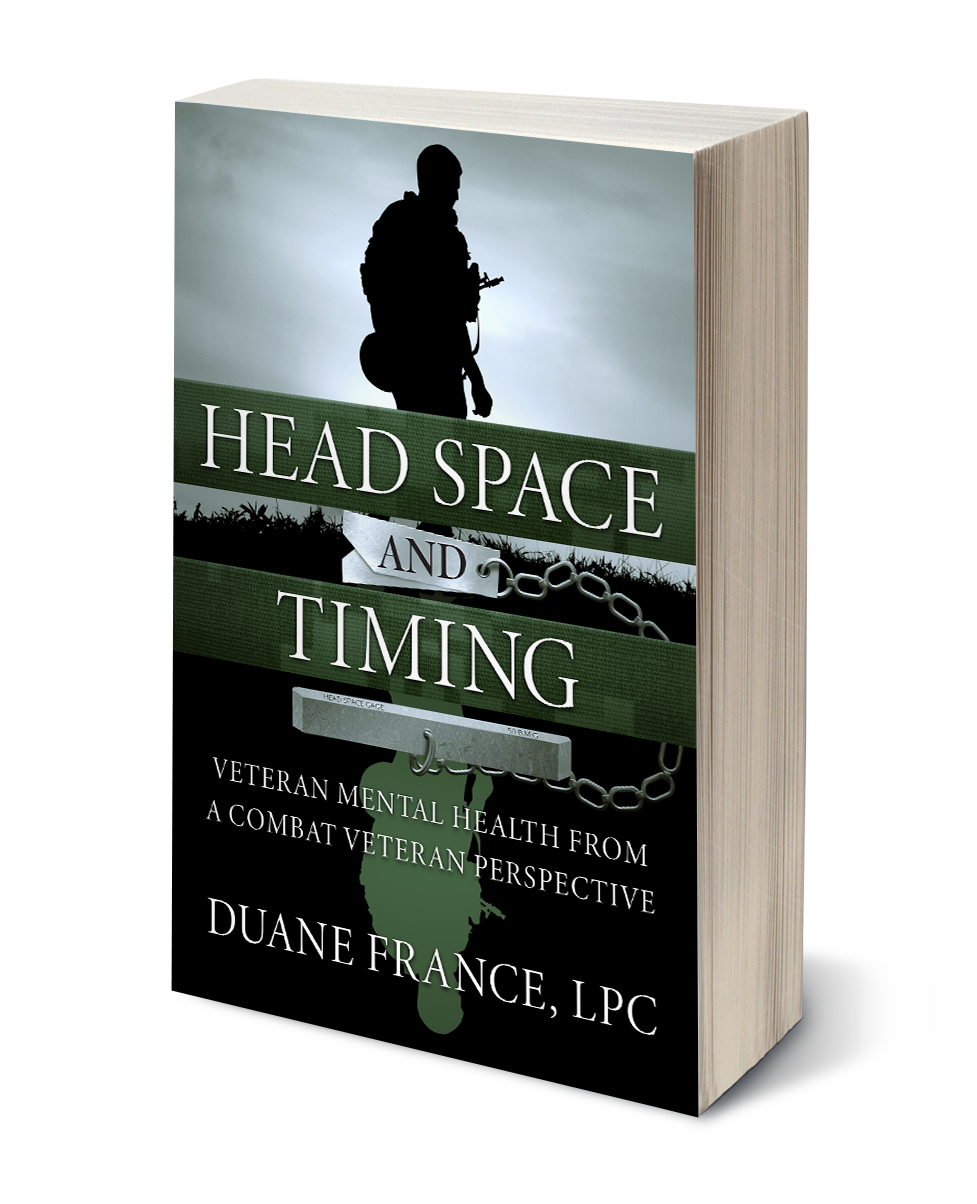
Army Chief of Staff Gen. Ray Odierno administers the oath-of-enlistment to future soldiers during a ceremony celebrating the U.S. Army’s 237th birthday at Times Square in New York, June 14, 2012. DoD Photo
“Awareness allows us to get outside of our mind and observe it in action.” Dan Brule
Sometimes, we don’t know what we don’t know…we just do stuff. We don’t know why we do stuff, much of the time. Things just kind of happen. Maybe we understand after it happens, if we look back at it; maybe we don’t look back at all, or if we do, what we did still didn’t make sense.
When I first start working with a military client as a clinical mental health counselor, I find it helpful to ask a series of questions that help develop some of that awareness. Many times, the awareness is not just for myself, but it also helps the client to get some awareness around why they chose to do things. For these awareness questions, I focus on the transition into and out of the military. These are huge moments in our lives…for many, it’s the door we chose use to leave our childhood. Joining the military often one of the first major life-impacting decisions, and leaving the military is another.
Regardless of whether the service member joined in 2007 or 1967, the individual reasons why they joined were important. Especially after Vietnam, joining the all-volunteer military was a conscious choice; why did we make it? What was the circumstances of our lives at that point in time that caused us to make that choice? Here are the three questions I ask to help develop awareness.
Why did you choose to join the military?
Everyone has their reasons for joining the military. There aren’t any that are better than others, although some might think so. It’s important to understand why we chose to do it in the first place, though. An article by S. A. Redmond and colleagues highlighted a study that showed that individuals joined the military for one of four reasons:
It could be that one thought they were joining for one reason, but in retrospect, they joined for a different reason. For example, I joined the Army in 1992; I thought I was joining for a future-oriented reason, to get money for college. That was my stated reason; my actual reason, however, was institutional, in that I had a desire for excitement, adventure, and really wild things. It was also occupational…I tried college for a semester (which should have been a clue for me at the time) and I joined for occupational reasons: it was the best available option, and I didn’t want to keep sleeping in my dad’s basement. So why we joined is an important question.
Why did you choose the branch that you joined?
Another revealing question is why a we chose the branch that we did. Joining the military is one choice; joining a particular branch is another choice. Why the Marines instead of the Army? Why Navy other than Air Force? The answer to these questions can be as revealing about someone’s character as is the reason why we joined in the first place. Maybe the service member came from a Marine Corps family, or an Air Force family…and that caused them to choose that branch, or maybe another. I was a Recruiter outside of Fort Meade in the early 2000s, and I often complained of a trend that I observed: parents in the Navy wanted their kids to join the Navy, parents in the Marine Corps wanted their kids to join the Marine Corps, but parents in the Army wanted their kids to join any branch but the Army!
For some, the quick research into the branches gave them an understanding of what they may be about. The Army and Marine Corps are ground forces and much more physically demanding; the Navy and the Air Force are more technical. Again, personally, I never considered the Navy or Air Force; I had actually went to the recruiting station to talk to the Marine Corps recruiters, but their office was closed…they were out to lunch…and the Army office across the hall was open. I didn’t really have a preference other than between those two. Someone who joined the Navy may want to have seen the world, or someone grew up outside of an Air Force installation and that’s all they knew.
Why did you choose the job that you chose?
The final exploratory question I ask is, why did you choose the job that you did? Why did you become Military Police or Infantry? Why logistics instead of communication? Why choose to become a mechanic instead of a cook? For some, this wasn’t a choice…the Marines have a motto, “every Marine is a Rifleman” regardless of occupational specialty. Choosing to join the Marines is to chose to be a Marine. In the Army, you get to pick your job before you swear into the military. In other branches, you get to choose from available options. This sometimes depends on you…test scores on the military entrance exam and physical limitations play a huge part of it. I didn’t know that I was partially colorblind until I enlisted; my scores qualified me for a lot of different jobs, but the fact that I failed the color test limited me to just five.
Often, the job a service member chose depended on the branch of service and what was available. Someone might have wanted to join the Navy to be a helicopter mechanic, but there were no slots for that…but there were for a nuclear power plant technician, which often means submarines. Walking into a door thinking of helicopters and walking out thinking of submarines is a big shift; if you realize that’s the choice that was made.
Awareness Leads to Understanding
The reasons for the decisions we make in our lives are often not clear until we take time to reflect on them. And these answers are as revealing to ourselves as they are to anyone else; the help us understand ourselves better. Understanding ourselves is a key component to future decision making.
Sign Up for Updates
Subscribe to get added to our content distribution list, and each week you’ll receive our newsletter that contains links to our weekly video, blog, and podcast.
Do you want to help offset some of the costs of the Head Space and Timing Blog and Podcast? Want to show your appreciation and support? You can put some paper in the tip jar by going hereor clicking the button below
 Want to learn more about veteran mental health? The first HS&T Book has recently been released in paperback. Click on the image to the left or this link to purchase the book. See what people are saying about it: This compilation of Duane’s work is key and essential to anyone working with Soldiers and Veterans. Duane provides a senior NCO’s perspective with unmeasurable experience and knowledge on top of his natural gift for seeing numerous levels of humanality and the challenges faced by those who have served our country. I highly recommend it! – A.C.
Want to learn more about veteran mental health? The first HS&T Book has recently been released in paperback. Click on the image to the left or this link to purchase the book. See what people are saying about it: This compilation of Duane’s work is key and essential to anyone working with Soldiers and Veterans. Duane provides a senior NCO’s perspective with unmeasurable experience and knowledge on top of his natural gift for seeing numerous levels of humanality and the challenges faced by those who have served our country. I highly recommend it! – A.C.


